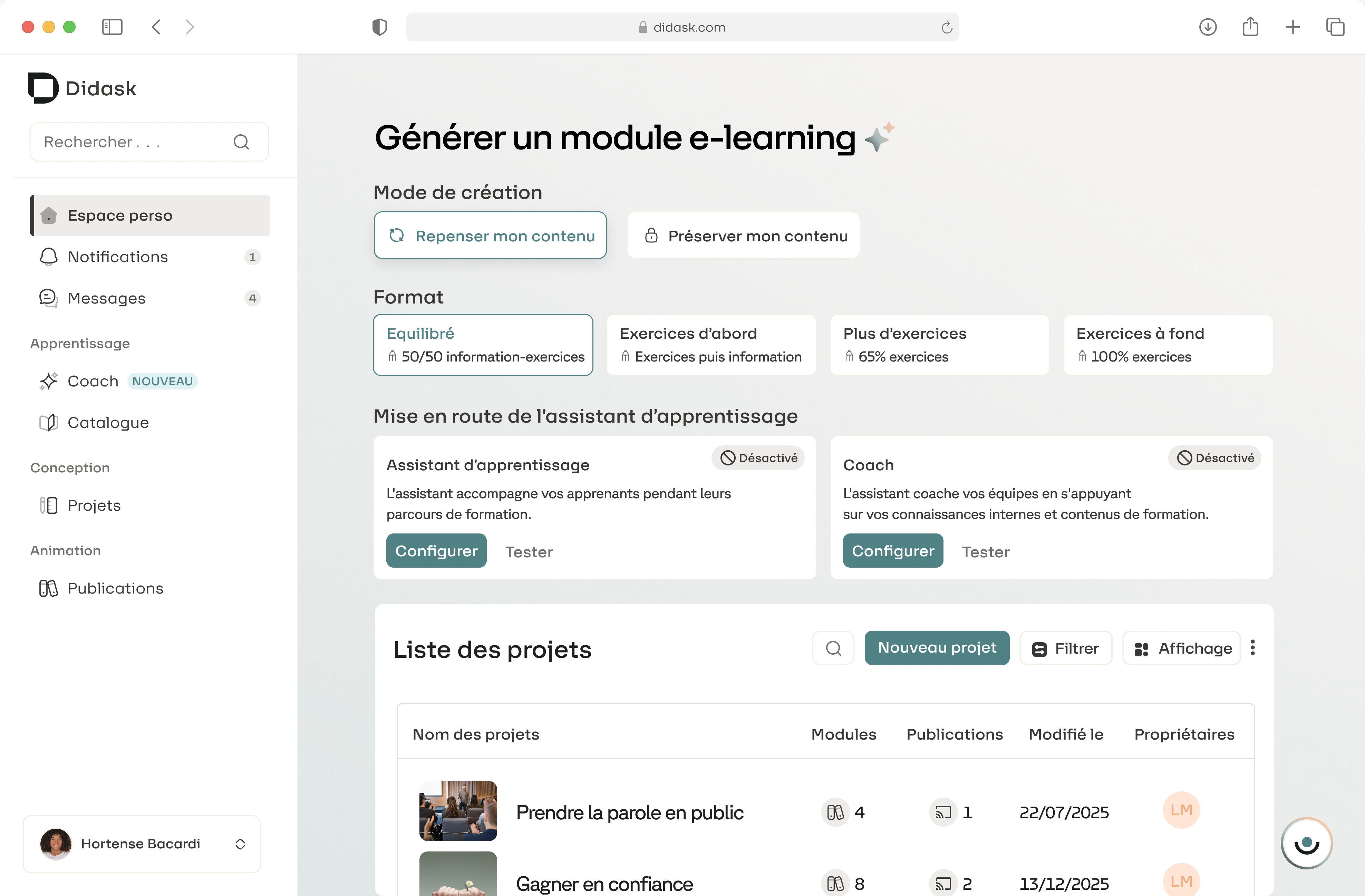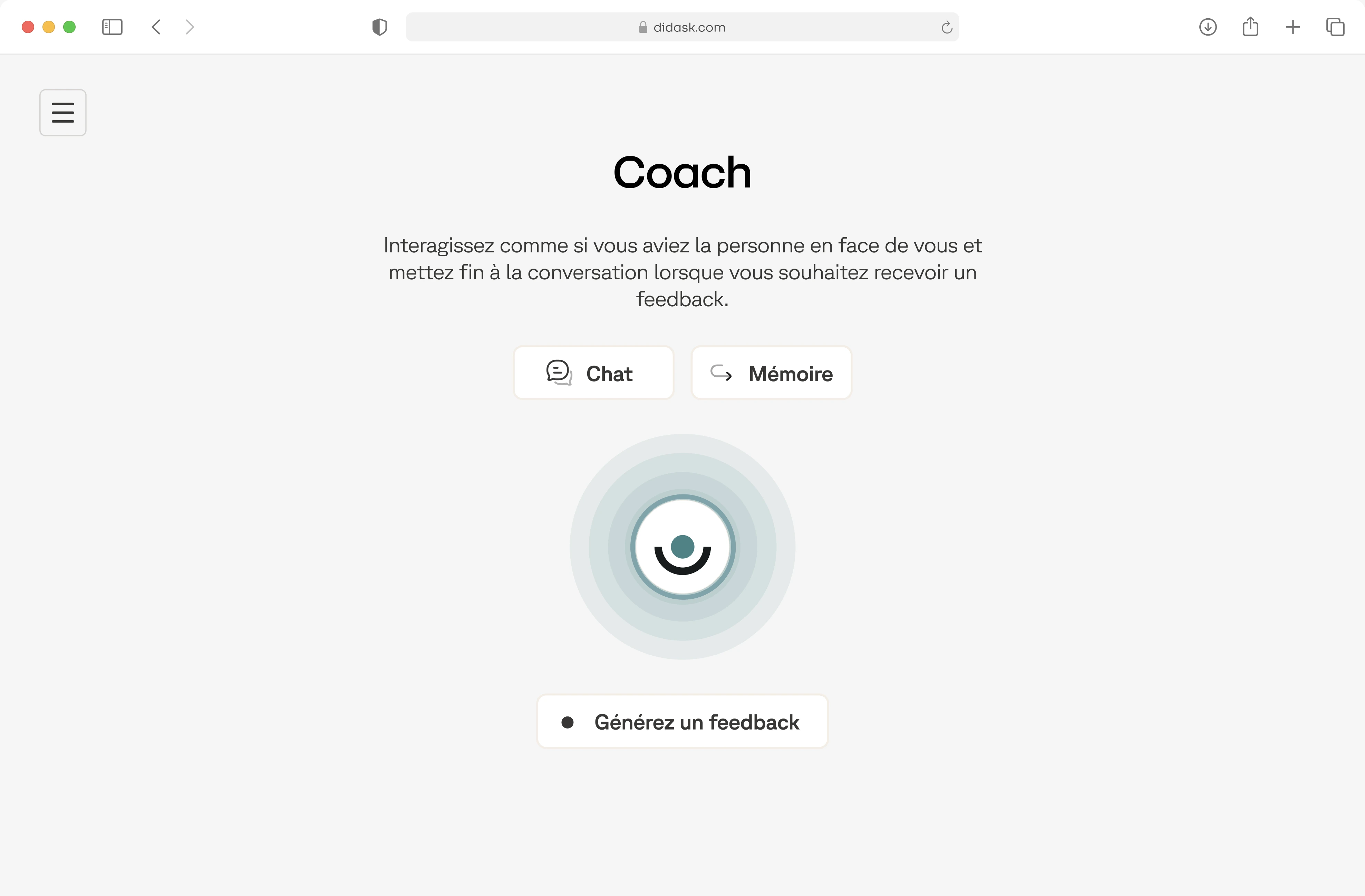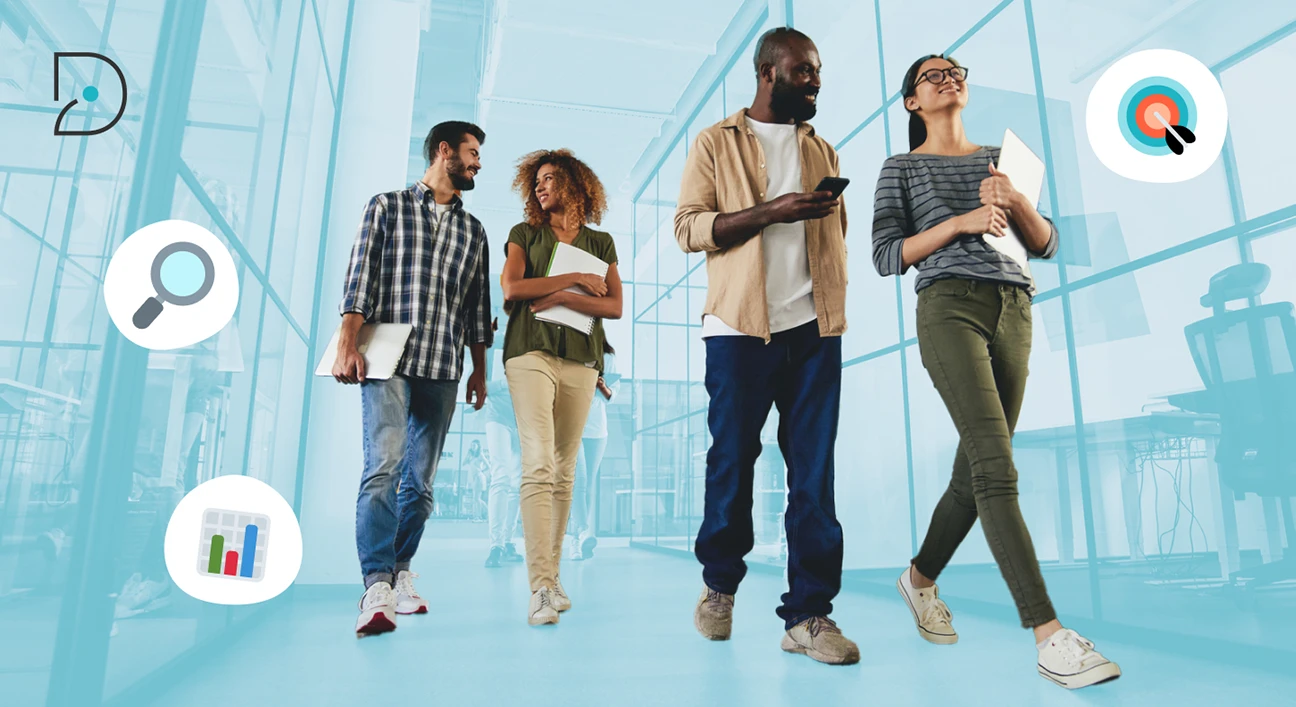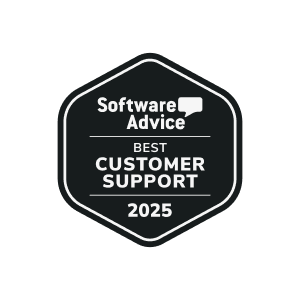“Bad adaptive learning, well you have the learner, he connects, he advances... while the good adaptive, the learner connects, he advances, but it's good adaptive.”
Many will have recognized the nod to the famous skit The Unknowns, passed through the adaptive learning mill. Offered by a plethora of digital solutions, this pedagogical approach is supposed to provide numerous benefits to both the trainer and the learner, and many players in digital learning are taking advantage of it. On the surface, they all look the same, but the reality is very different. And making the distinction between good and bad Adaptive Learning is not that easy, hence our reference to the famous hunters of the humorous trio. And besides, talking about “good” and “bad” sounds a bit too manichean. Instead, it is mainly pedagogical approaches that work better than others, according to the needs of the learner, the learning context, as well as the objectives and the pedagogical bias of the training manager. Here are a few tips to help you see more clearly and what we think can make a difference!
“There is bad adaptive learning...”
What are the pitfalls likely to lead you right to Adaptive Learning... Not that suitable?
Notice to trainers, training managers or teachers: you are all doingAdaptive Learning during face-to-face training, your way. You are constantly trying to adapt your courses to the needs of your learners. However, we are not going to hide it, in the e-learning world, there may be a few mistakes with certain adaptive learning systems... Or with everyone's educational choices (that happens, Wrong human is).
The pervasive obsession with commitment would tend to make us forget the purpose of the training: to assimilate new information, to deepen our knowledge, to strengthen our skills... Would we pass the essential by the wayside? If you don't try to understand how your learning content affects your learners, you won't be able to generate the right Adaptive Learning course. Commitment is good. Commitment to results is better.
In particular, poor adaptive learning includes:
- Too much unnecessary customization, to the detriment of content (or the development of content that is not really amazing) and poorly adjusted educational decisions that interfere with learning, without bringing anything interesting. The background counts as much as the shape of your courses! It's a bit like composing a new perfume without having worked on the nuances. In the end, the fragrance, combining tones that are too floral, too spicy or too sweet, will become a real treasure hunt... And will baffle everyone, even the most seasoned noses.
- The bling bling aspect : we choose powerful algorithms, we multiply the educational formats and the media used. Aesthetically speaking, it “throws away” and can occasionally seduce learners, but rarely in the long term. These technological “toys” are not especially useful for learning and feeling like progressing. A bit like a Christmas ball. Shiny on the outside and very hollow on the inside.
- The slightly nebulous technique : the learner undergoes the black hole experience, an education that is too “mechanized”. The trainer, not understanding the educational choices presented to him, loses control of the ship. He is not even able to understand why the learner is making mistakes. To be overwhelmed, or even fooled, by an educational tool that we are warmly recommended to us, because “it's good to use it”, while an Ikea guide is only more practical to decipher... It's still doubtful, isn't it?
- The complexity of setting up : we spend a lot of time creating a training course, adapting existing courses, configuring our tools, learning to use them... Not all adaptive learning toolboxes are easy to open and will not especially help you use digital technology, to allow your learners to acquire the knowledge or skills they are looking for. We therefore strongly recommend that you do not use adaptive learning tools that look like labyrinths. Unless you like to spend your nights reworking your courses, or changing your LMS, of course.
”... And there is good adaptive learning!”
The objective of Adaptive Learning is to provide real added value in terms of educational effectiveness. The commitment of your learner is simply the consequence. In fact, a good adaptive learning experience must allow for concrete learning, the benefits of which must be felt by the learner from the start of the training.
So we find in The right adaptive learning :
- Educational sobriety : no customization galore or bling-bling tools. Personalization, based on cognitive science, focuses on the essential concepts to remember and at the same time meets the needs, expectations and objectives of the learner. La trouble exercises, lSpacing training time, the alternation of subjects, the possibility of Test yourself ... Effective, precise, concrete!
- Simple and clear educational choices : it is important for the learner to understand the mechanisms and how adaptive learning works. There are no obscure formulas to learn for technology to be used for learning. Good Adaptive Learning also includes the integration of relevant and qualitative learning experiences, such as simulation exercises.
- Positioning tests : a good Adaptive Learning tool should allow, at the beginning of a course, to see where the learner is regarding the subject addressed during the training. You can therefore create an adjusted learning path, without wasting time with what he already masters, or conversely avoid neglecting certain concepts that he does not master.
- Little or no rework of existing content : the number one asset of good Adaptive Learning. And if, in addition, you benefit from a real ease in setting up the tool, it's because you have won everything. Adaptive Learning is a great decision support tool, which will allow the trainer to aim at the right way in which to approach his educational content.
As a result, the learner benefits from a personalized, useful and enjoyable experience, which arouses motivation and interest: the more engaged they are, the more satisfactory they understand and succeed in the exercises, in order to have a truly enhanced and qualitative learning experience.
Adaptive learning: the Didask LMS ticks all the boxes
Didask's pedagogical approach is to rely on research from cognitive science, who was able to demonstrate what was effective for learning: the adaptive learning experience approach is addressed in a clear and simple way, in particular with regard to the personalization criteria to be taken into account in order to build tailor-made experiences. Your learners know where they are going, where they come from, and the reason why they approach this or that concept during a training course designed for them. No hustle and bustle, only pedagogy!
With Didask, the Relevant practical cases echo the dilemmas that confront your learners on a daily basis, always accompanied by Feedback appropriate and personalized. Moreover, the refinement and relevance of Didask practical cases allow your learners, from the beginning of a training course, to quickly establish a parallel with the daily situations they experience in the field, which allows them to understand the usefulness of such an approach. Learners are progressing and feeling it: in the end, this is what creates a lasting and long-term commitment!
Moreover, the future is promising and 2024 promises its share of considerable progress in terms of “good” adaptive learning. Educational artificial intelligence arrived in 2023 at Didask, and which already allows modules to be created automatically in a few minutes, will integrate personalized assistant functionalities that can interact with each learner on a tailor-made basis.










.png)